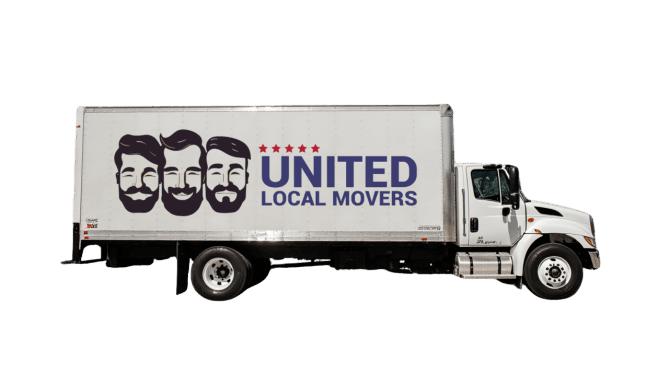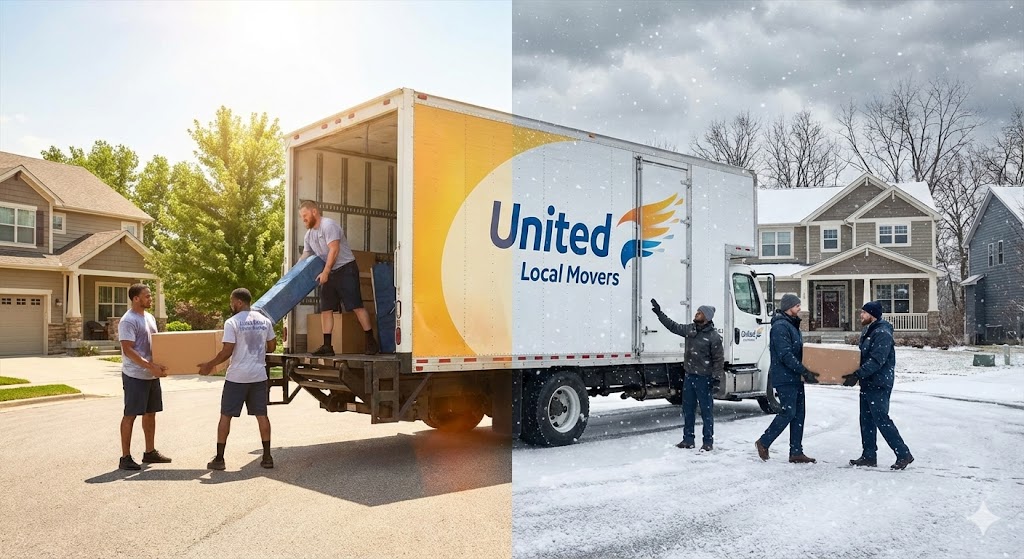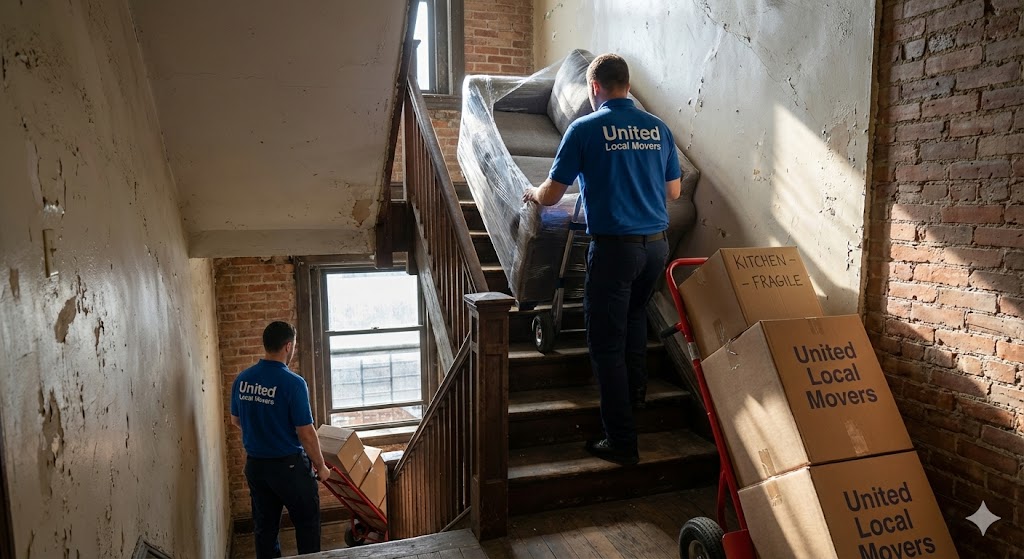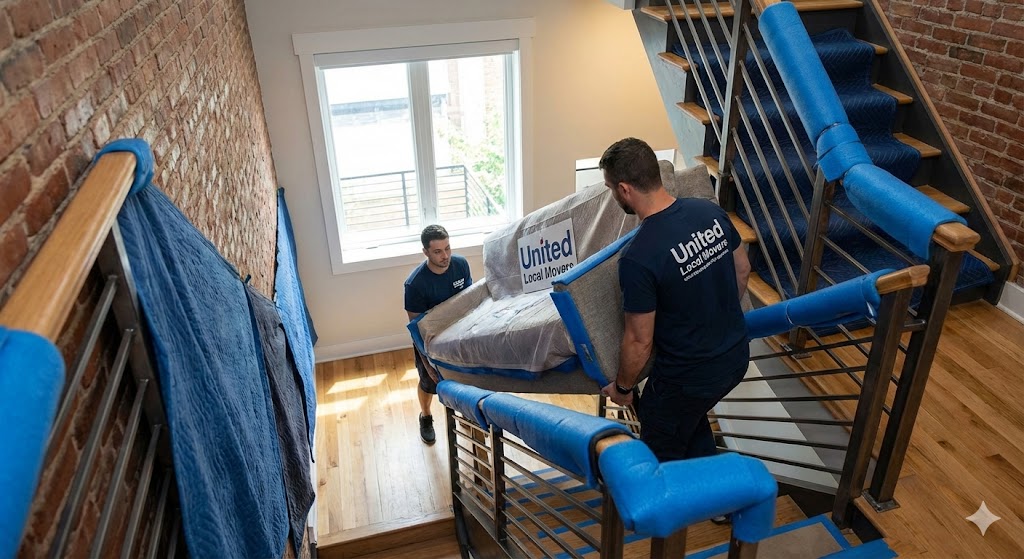Moving to a new state or county doesn’t just mean unpacking boxes — it also means updating your civic records. One of the most essential tasks new residents must complete is voter registration and ensuring they meet all local compliance rules before upcoming elections. Whether you recently relocated for work, family, or a lifestyle change, understanding voter deadlines, eligibility requirements, and local regulations helps you stay legally compliant and ensures your voice is heard at the polls.
Why Updating Voter Registration Is Essential After Moving
Your voter registration is tied directly to your residential address. When you move, even within the same city, your assigned district, polling place, and ballot may change. Voting with outdated registration information can disqualify your vote or require you to cast a provisional ballot, which may not be counted.
Failing to update your voter address can lead to:
- Being removed from the active voter rolls
- Being assigned to the wrong polling place
- Not receiving mail-in ballots or election notices
- Having to re-register entirely before an election
Your vote determines your representation — so keeping your voter information current is a key part of settling into your new home.
How Long You Have to Update Voter Registration
Each U.S. state sets its own voter registration deadlines. In most states, the deadline falls between 15 and 30 days before an election. Some states allow same-day registration, while others require a full month of lead time.
| State Type | Registration Deadline | Details |
|---|---|---|
| Strict states | 30 days | No late registration allowed. |
| Standard states | 20–25 days | Most of the U.S. fits here. |
| Flexible states | 0–10 days | Same-day or week-before-election options. |
If you recently moved, the safest approach is to update your voter registration immediately — even if no election is scheduled. This keeps you active on the rolls and prevents last-minute issues.
How to Update Your Voter Registration After Moving
You can update your voter registration in several ways, depending on state rules:
- Online: Available in 41 states. Fastest and easiest method.
- By mail: Using the National Mail Voter Registration Form.
- In person: At your local elections office, DMV, or public assistance office.
To register, you typically need:
- A driver’s license or state ID number
- The last four digits of your Social Security number
- Proof of your new address
Online registration usually takes just minutes, while mail-in registration requires mailing time and processing — so plan ahead if an election is approaching.
Eligibility Rules for New Residents
To vote in your new state, you must meet residency requirements. Most states consider you a resident as soon as you:
- Move into a new home
- Sign a lease or purchase property
- Start a job or enroll children in school
However, some states require 30 days of residency before voting. Always check your state’s specific rules, especially if moving close to election day.
Mail-In Ballots and Absentee Voting After You Move
If you previously signed up for mail ballots in your old state, that registration does not carry over. You must re-apply in your new state. Similarly, absentee ballot rules vary widely:
- Some states allow “no-excuse” absentee ballots
- Others require a reason (travel, disability, work conflict)
- Some states automatically mail ballots to all voters
When you move, always cancel any pending mail ballots in your old state to avoid confusion or (unintentional) double registration issues.
Local Compliance Rules New Residents Must Follow
Voter registration is just one part of civic compliance when relocating. Many local regulations can vary between counties and cities.
You may need to update:
- Your county of residence for voting districts
- School zones for local ballot measures
- Polling place assignment based on your new address
- Eligibility for local ballot initiatives
If your new city has voter ID requirements, those must also be met before election day. Some jurisdictions require a photo ID; others accept bills, leases, or other address proofs.
What Happens If You Don’t Update Your Voter Registration
If you show up to vote with an outdated registration, you may be forced to cast a provisional ballot. These ballots are only counted once your eligibility is verified, which may or may not happen in time.
Consequences of not updating voter information include:
- Your ballot being rejected
- Being unable to vote in local elections
- Being marked inactive on voter rolls
- Being removed entirely after failure to respond to state notices
To avoid complications, always update your registration within weeks — not months — of moving.
How United Local Movers Helps You Stay Organized After Moving
Between unpacking, changing utilities, handling DMV updates, and settling into a new community, voter registration is easy to forget. At United Local Movers, we help customers stay ahead by creating a relocation checklist that includes important civic updates.
- Reminders to update voter registration
- Guidance on state-specific deadlines
- Tips for avoiding compliance mistakes
- Support in organizing important documents
When your move is managed smoothly, everything from daily life to civic participation becomes easier and more reliable.
Staying Compliant and Ready for Election Day
Updating your voter registration after moving ensures your voice continues to count in your new community. With clear timelines, accessible registration methods, and support from trusted relocation professionals like United Local Movers, you can stay compliant with state and local laws while settling comfortably into your new home.





